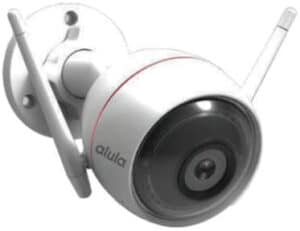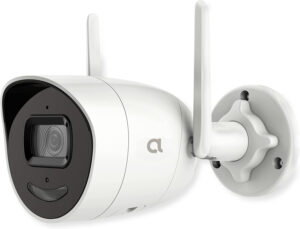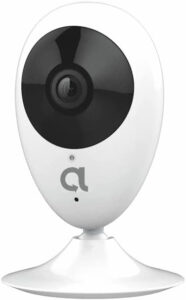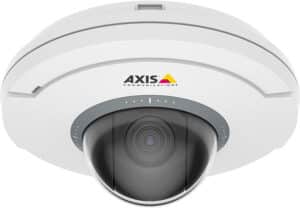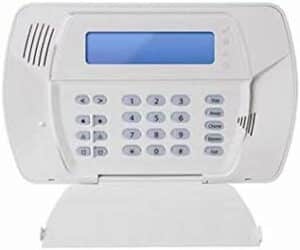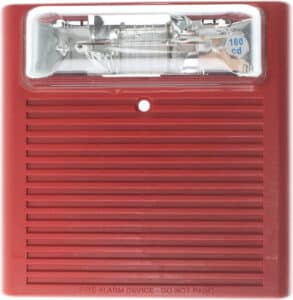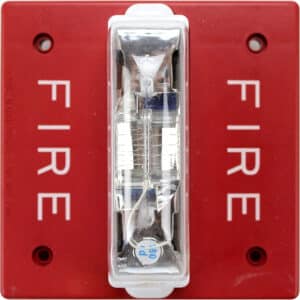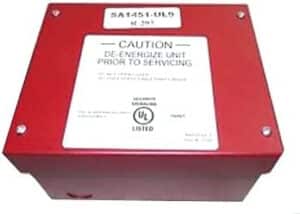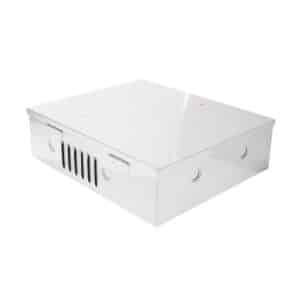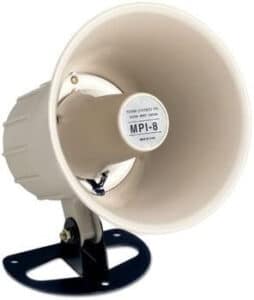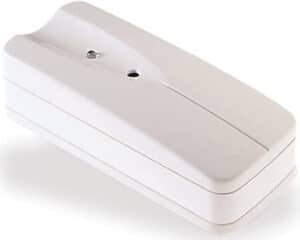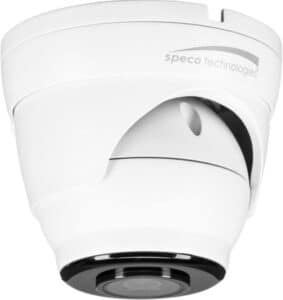Exploring the Different Security System Components and Their Benefits
Home security systems provide peace of mind and protection from unwanted intruders. It is important to understand the different components that make up a home security system in order to ensure maximum safety and security for your home and family. In this article, we will explore the different security system components and explain their purpose and how they can be used to enhance the safety of your home. Get ready to be informed and empowered with knowledge on the different components of a home security system and how they can work together to keep you and your family safe.
Table of Contents
Overview of Home Security Systems
Home security systems have become an essential part of our lives, ensuring the safety of our loved ones and property. These systems are designed to detect unauthorized entry into a home or commercial building, thereby preventing potential burglaries or other crimes. The security system components work together to provide comprehensive protection for your property and alert you and the authorities in case of a breach.
In recent years, technological advancements have made it possible to customize and integrate various security system components, allowing homeowners to choose the best alarm system for their specific needs. Furthermore, smart home technology has made it possible to control and monitor these alarm systems using smartphones and other devices. This article will explore different types of security systems, their components, and considerations before purchasing and installing one in your home.
Types of Systems: Hardwired vs Wireless
There are two types of alarm systems available in the market: hardwired and wireless. Hardwired systems require a physical connection between the alarm system parts and the control panel, which is typically installed in a central location within the home. These systems are considered reliable and secure, as they are not susceptible to interference from other electronic devices. However, the installation process can be complex and time-consuming, especially for large properties or buildings with multiple floors.
On the other hand, wireless security systems use radio frequency signals to communicate between the alarm system contacts and the control panel. These systems are easier to install, as they do not require any wiring. They are also more flexible, allowing for easy expansion or modification of the system as needed. However, wireless systems may be more susceptible to interference from other electronic devices, and they generally require more frequent battery replacements.
It is essential to evaluate the specific needs of your property and consider the advantages and disadvantages of both types of systems before making a decision.
Different Components of a Home Security System and Their Importance
Home security systems are an important part of protecting your home from intruders and other potential threats. There are many different components that make up a home security system, each with its own important role in protecting your home.
Control Panel
The control panel is the central hub of a security system. It communicates with all other security system components and is responsible for processing the information received from these devices. If a breach is detected, the control panel activates the alarm and sends an alert to the monitoring center or the homeowner.
Sensors
There are various types of sensors used in alarm systems, each designed to detect specific types of breaches. Door and window sensors are magnetic contacts installed on doors and windows to detect unauthorized openings. Motion detectors use infrared technology to sense movement within a designated area. Glassbreak detectors identify the sound of breaking glass, while smoke detectors and carbon monoxide detectors monitor for fire and gas leaks, respectively.
Sirens and Strobe Lights
When the alarm is triggered, sirens and strobe lights are activated to alert the occupants and neighbors of a potential security breach. These devices can also deter intruders by drawing attention to their actions.
Keypad
The keypad is used to arm and disarm the security system. It is typically installed near the main entrance of the home or property. Homeowners can use a unique code to control the system, and some systems may also feature key fobs or remote controls for added convenience.
Monitoring Service
Many security systems offer professional monitoring services, where a team of trained professionals monitors your property 24/7. In the event of a breach, the monitoring center receives an alert from the control panel and can notify the authorities on your behalf. This ensures a quick response to potential threats.
Benefits of Installing a System
There are several benefits to installing a home security system, including:
-
Deterrence: The presence of a security system, along with yard signs and window stickers, can deter potential burglars from targeting your property.
-
Protection: A well-designed security system can help protect your home and loved ones from intrusions, fires, and gas leaks.
-
Peace of mind: Knowing that your property is protected provides a sense of comfort and security.
-
Insurance discounts: Many insurance companies offer discounts on homeowners’ insurance premiums for properties with security systems installed.
-
Remote monitoring and control: Smart home technology allows you to monitor and control your security system from anywhere using your smartphone, providing added convenience and peace of mind.
Considerations Before Purchasing
Before purchasing a security system, consider the following factors:
-
Budget: Determine your budget and look for a system that offers the best value for money.
-
Type of system: Evaluate the pros and cons of hardwired and wireless systems and choose the one that best suits your needs.
-
Coverage: Determine the areas of your property that require protection and choose a system with the appropriate number of sensors and devices.
-
Monitoring services: Decide whether you require professional monitoring services or if you prefer to monitor the system yourself.
-
Compatibility: If you plan to integrate your security system with other smart home devices or an existing alarm system, ensure that the components are compatible.
Installation and Maintenance Tips
To ensure the optimal performance of your security system, consider the following installation and maintenance tips:
-
Professional installation: If you are not confident in your ability to install the system yourself, consider hiring a professional installer to ensure proper setup and configuration.
-
Regular testing: Test your security system components periodically to ensure they are functioning correctly.
-
Battery replacements: Replace batteries in wireless devices as needed, and consider investing in backup power sources for the control panel.
-
Regular maintenance: Clean and inspect your alarm system parts regularly to ensure they are in good working condition.
-
Software updates: Keep your security system’s software up to date to ensure optimal performance and protection.
Conclusion
In conclusion, we learned about the different components of a home security system, such as motion sensors, cameras, and doorbells. With these components in place, your family can have the peace of mind that your home is safe from thieves and other intruders.
Now that you know what to look for in a home security system, why not get everything you need in one place with Xcessory Zone! Xcessory Zone offers DIY home security products that are easy to install and come with all the components you need to keep your home safe. Plus, you can save money by installing them yourself.
Don’t wait any longer to increase the security of your home – take action today and get the home security system you need with Xcessory Zone!
FAQs
What Types of Alarms Are Available for Home Security?
Home security alarms come in a variety of types, including burglar alarms, motion detectors, window and door alarms, and glass break detectors. Additionally, some home security systems offer additional accessories such as smoke and carbon monoxide detectors, and video surveillance.
How Do I Know What Equipment I Need for My Home Security System?
The type of equipment you need for your home security system depends on your individual needs. Our company’s customer service reps are available to help you select the best equipment for your home.
How Can I Customize My Home Security System?
Our company offers a range of accessories to customize your home security system. You can choose from a variety of sensors, cameras, alarms, and other devices to make sure your home is properly protected.
How Will I Receive Alerts from My Home Security System?
Depending on the type of home security system you have, you may receive alerts via text message, email, or a mobile app. Our company offers a range of alert options, so you can select the one that best fits your needs.
How Often Should I Test My Home Security System?
It is important to test your home security system regularly to make sure it is functioning properly. Our company recommends testing the system at least once a month.
What Happens If My Home Security System Is Triggered?
If your home security system is triggered, you will be alerted immediately. Depending on the type of system you have, this could mean a loud siren or an alert sent to your phone.
Does Your Company Offer Customer Service?
Yes, our company offers top-notch customer service. Our support team is available 24/7 to answer any questions you may have about your home security system.
Meet Our Partners!




